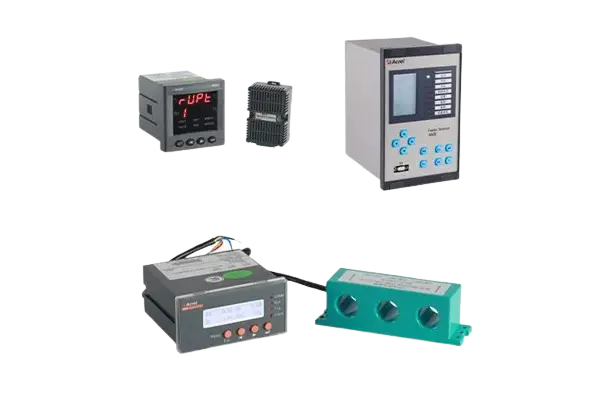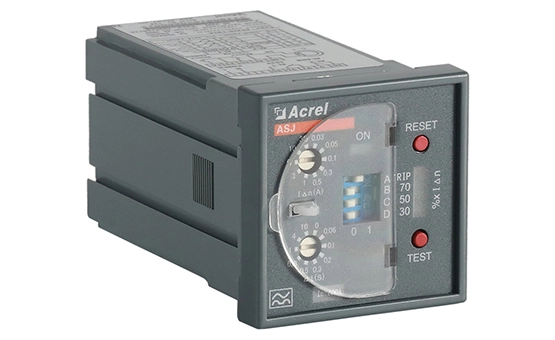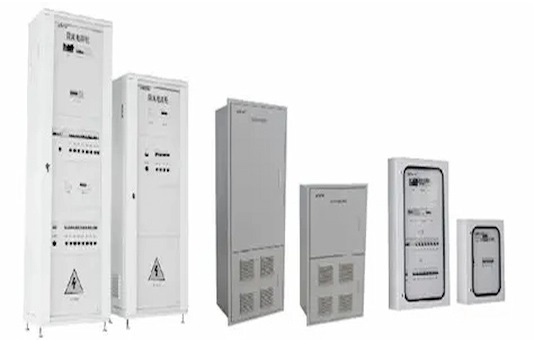

Driven by Industry 4.0, energy meters have gradually evolved into smart energy meters that integrate multiple functions such as information storage and processing, network communication, and real-time monitoring.
Information Storage and Processing
Smart energy meters can record user electricity usage data in real-time for storage and processing. This allows the meters to provide information not only on energy consumption but also to analyze data based on users' electricity consumption habits and needs, offering power companies more accurate electricity management solutions.
Network Communication
Smart energy meters use network communication technology to achieve real-time communication with power companies and users. This helps power companies to grasp the user's electricity usage in real-time, promptly identify and address electricity issues, and enhance the quality of power supply services. Meanwhile, users can monitor their electricity usage through smart energy meters, achieving intelligent management of electricity consumption.
Real-Time Monitoring
Smart energy meters have real-time monitoring capabilities, able to monitor parameters such as voltage, current, and power factor in real-time. This helps in promptly identifying and solving electricity safety issues, ensuring user safety.
Product Diversification
To meet different user needs, the energy meter industry needs to introduce various types of energy meters, including single-phase meters, three-phase energy meters, and smart IoT energy meters. These products can meet the diverse electricity metering needs of different users, improving user satisfaction.
Customized Production
With the push from Industry 4.0, the energy meter industry is beginning to achieve customized production. By collecting user electricity usage data and demand information, energy meter companies can tailor energy meter products to fit user needs. This not only enhances market competitiveness but also offers users more personalized services.
Production Efficiency Enhancement
By introducing IoT technology, energy meter companies can achieve interconnection and intelligent control of production equipment. This makes the production process more automated and intelligent, improving production efficiency and product quality. Additionally, intelligent production systems can automatically adjust production plans based on market demand and production capacity, achieving flexible production.
Cost Reduction
By adopting big data and cloud computing technology, energy meter companies can achieve digital management and optimization of the production process. This helps in reducing production and inventory costs, improving economic efficiency. Moreover, the widespread application of smart energy meters can lower operating costs for power companies and enhance the quality of power supply services.
Market Expansion
With the popularization and application of smart energy meters, the energy meter industry will gradually expand from the traditional field of energy metering to broader areas such as smart homes and smart cities. This will bring greater market space and developmental opportunities to the energy meter industry.
Business Model Innovation
Propelled by Industry 4.0, the energy meter industry's business model will also undergo transformation. The traditional sales model of energy meters will gradually shift to a service model offering intelligent electricity solutions. This will help energy meter companies better meet user needs and enhance market competitiveness.
Industry 4.0 brings many opportunities for technological innovation and upgrades, product diversification and customization, improved production efficiency and reduced costs, as well as market expansion and business model innovation to the energy meter industry. Energy meter companies need to actively embrace the opportunities brought by Industry 4.0, continuously promoting technological innovation and product upgrades to enhance market competitiveness and service levels.
 English
English 日本語
日本語 한국어
한국어 français
français Deutsch
Deutsch Español
Español italiano
italiano русский
русский português
português tiếng việt
tiếng việt Türkçe
Türkçe العربية
العربية






